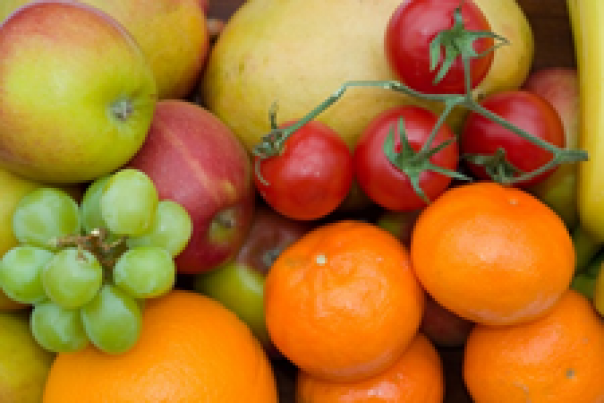
To protect the well-being of future generations, there needs to be a ‘drastic’ reduction in the consumption of meat, poultry and eggs, the EAT-Lancet Commission says.
7g of meat a day would be the equivalent to a meatball, a small bite of hamburger, or less than half a rasher of bacon.
It is thought that a ‘planetary health diet’ that moves to healthier, more sustainable eating habits around the world could prevent 11 million early deaths per year by 2050.
With the world's population expected to reach 10 billion by 2050, the report argues that current diets, with a growing emphasis on Western-style high-calorie foods high in saturated fats, are unsustainable.
The solution, based on three years of modelling studies, is a diet consisting of around 35% of calories obtained from whole grains and tubers, and protein mostly derived from plants.
While permitting variations based on local need and culture, the diet allows for an average of just 7g of red meat per day and 500g of vegetables and fruits.
Daily poultry consumption would be confined to 29g - equivalent to one and a half nuggets - and fish to 28g, a quarter of a medium sized fillet. Eggs would be restricted to around 1.5 per week.
The commission says red meat and sugar consumption would have to halve at least, while that of nuts, fruits, vegetables and legumes such as lentils and chickpeas must double.
It said that not only would people be healthier, but it would also reduce the damaging effects of climate change, soil erosion, deforestation and loss of biodiversity.
Published in the Lancet, it also called for restrictions on the advertising of unhealthy food, making healthy foods cheaper and halving food waste.